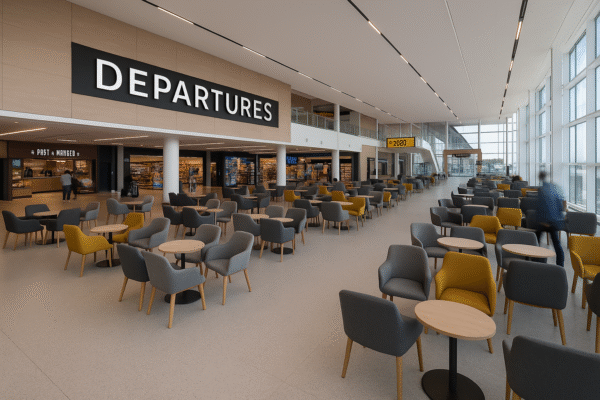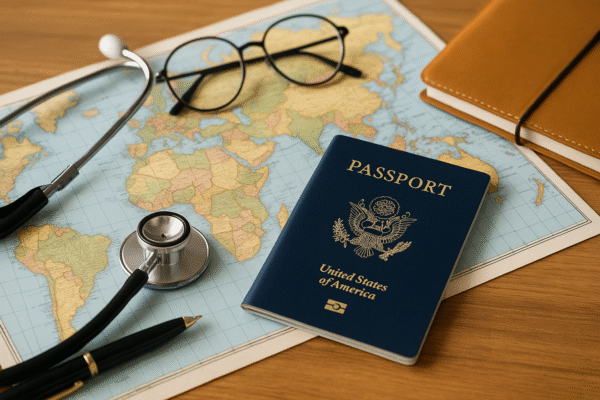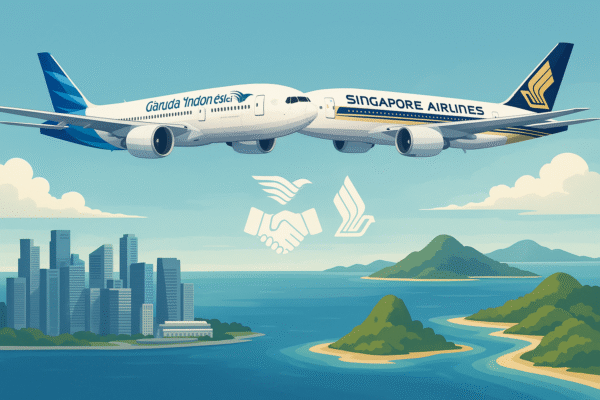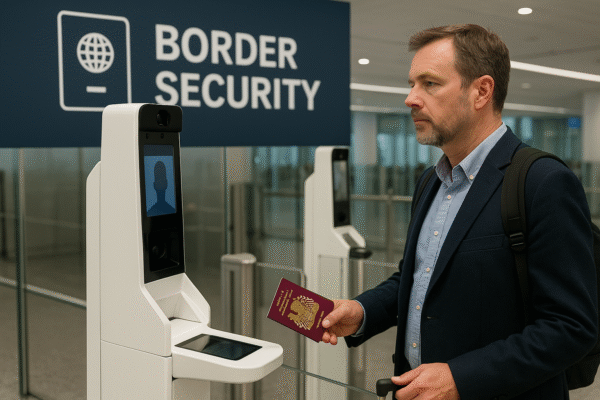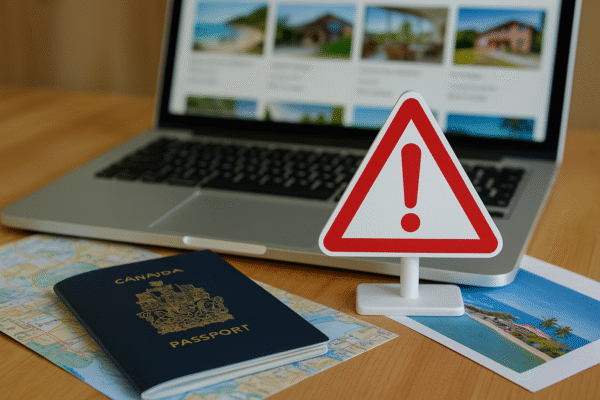Singapore Pioneers AI-Driven Tourism as Asia’s First National Tourism Board to Partner with OpenAI
In a landmark move set to reshape Asia’s tourism landscape, the Singapore Tourism Board (STB) has signed a Memorandum of Understanding (MoU) with OpenAI, becoming the first national tourism organization in Asia to integrate cutting-edge artificial intelligence technologies developed by the creators of ChatGPT. This partnership represents a significant milestone in the implementation of AI across national tourism strategies and aligns with STB’s Tourism 2040 roadmap, a long-term vision to transform Singapore into a future-ready, globally competitive destination.
A Milestone for AI in Travel
This MoU marks OpenAI’s first collaboration with a government tourism board in Asia, underlining Singapore’s global leadership in digital transformation. The partnership is geared towards elevating tourism through advanced AI solutions, including natural language processing, real-time personalization, multilingual engagement, and immersive digital storytelling.
Through this partnership, STB aims to drive innovation that will not only enhance the visitor journey but also enable tourism businesses to streamline operations, unlock consumer insights, and boost productivity. It signals a strategic shift toward AI-powered destination marketing, tapping into behavioral data to curate travel experiences that are tailored, relevant, and engaging.
Leveraging Advanced AI for Personalization and Efficiency
Advanced AI—a term encompassing technologies that utilize machine learning, generative models, and contextual data analysis—is now poised to play a central role in how tourists explore and experience Singapore. These systems are capable of understanding natural language, offering human-like interactions, and making personalized recommendations across platforms.
For travelers, this means smarter services at every touchpoint: from AI chatbots providing real-time, multilingual visitor assistance, to itinerary builders that learn from user preferences to offer bespoke travel suggestions. STB will explore how these tools can power immersive cultural storytelling, bringing heritage sites and local attractions to life through AI-generated narratives.
The adoption of advanced AI also extends to robotics integration, enabling Singapore to experiment with autonomous service delivery in hotels, attractions, and transportation—further amplifying operational efficiency and guest satisfaction.
Enhancing the Tourism 2040 Roadmap
The collaboration supports the broader goals outlined in the Tourism 2040 strategy, a national roadmap that envisions a smart, sustainable, and resilient tourism industry. As part of this vision, the STB is working to create a digital-first ecosystem that empowers tourism businesses with the tools to succeed in an increasingly competitive environment.
Jordan Tan, Chief Technology Officer at STB, emphasized the strategic alignment of the partnership with OpenAI:
“This initiative is about preparing our tourism sector for the next era. By deploying intelligent tools that enhance personalization and storytelling, we can increase repeat visitation and strengthen Singapore’s reputation as a global destination.”
By enabling travel brands and small businesses to leverage AI through shared infrastructure and best practices, STB is ensuring that the entire tourism ecosystem benefits from digital transformation—not just large players.
Supporting a Resilient and Tech-Savvy Tourism Sector
Singapore’s resilience and agility during the COVID-19 pandemic showcased its ability to adapt to global disruptions. Now, with international tourism rebounding and digital expectations evolving, STB’s adoption of AI will further solidify Singapore’s position as a smart tourism leader in Asia.
The STB has committed to responsible AI development, ensuring that technology is applied ethically, inclusively, and in a way that protects traveler privacy. Through pilot programs and industry consultations, the board aims to test scalable solutions that address real-world challenges—whether it’s language barriers, visitor navigation, or on-demand customer service.
According to the Infocomm Media Development Authority (IMDA), Singapore is among the most AI-ready nations in the world, with strong digital infrastructure, regulatory support, and innovation ecosystems that empower public-private collaborations. This partnership with OpenAI taps into that potential, driving forward a model of tourism that is intelligent, inclusive, and forward-thinking.
Broader Implications for Asia and the Global Travel Sector
Singapore’s pioneering move is expected to inspire other national tourism organizations across Asia to explore similar partnerships, accelerating the integration of emerging technologies into tourism governance. As travelers become more digital-savvy and experience-driven, the application of AI will be critical for destination competitiveness, brand differentiation, and economic resilience.
OpenAI’s involvement also opens the door for further cross-industry collaborations, potentially linking tourism with sectors like education, healthcare, retail, and urban planning—creating holistic visitor experiences that are both smart and seamless.
Conclusion
The partnership between the Singapore Tourism Board and OpenAI is not just a regional first—it is a bold step toward redefining the future of global tourism. By blending innovation with cultural richness and operational excellence, Singapore is setting a new benchmark for how destinations can adapt, engage, and thrive in the digital age.
As AI continues to evolve, Singapore stands at the forefront, transforming challenges into opportunities and ensuring that every traveler’s journey is more connected, personalized, and unforgettable.
For more travel news like this, keep reading Global Travel Wire


